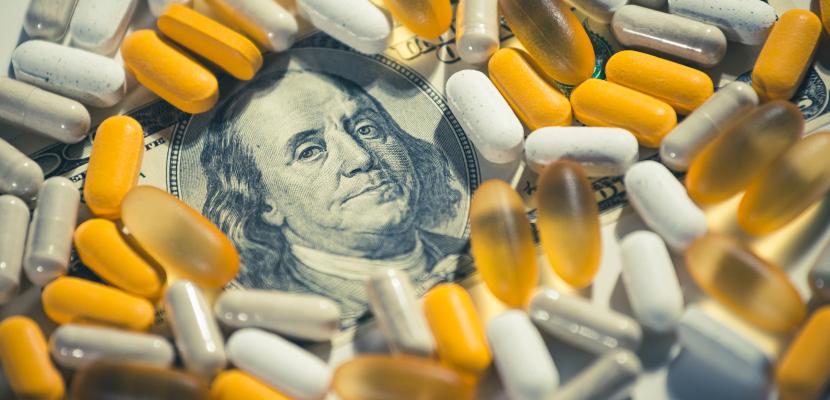
by Dr Kieran le Plastrier
Big Pharma’s latest attack on Australia’s Pharmaceutical Benefits Scheme goes much deeper than dollars.
Their lobbying of President Donald Trump to impose tariffs on Australia has centred around claims the PBS poses “significant barriers to trade” and fails to protect US patents, making it “difficult to add new medications.”
But that’s not what this is really about. The jewel in Australia’s healthcare crown is ideological anathema to Big Pharma.
And what they are most terrified of is American consumers understanding how good our system is – that our governments have negotiated much better deals for Australians.
They also don’t want American consumers understanding that we have science at the core of our decisions about what we subsidise and what we don’t. That’s one of the cornerstones of the PBS – the critical step that comes before a drug is listed.

The Pharmaceutical Benefits Advisory Committee makes scientific judgments about the value for money of any investment, including special access drugs which are massively costly for individual patients. Decisions are made on balance – that the benefits outweigh the costs in terms of public good.
That’s a step Big Pharma never talks about – to get on the PBS they have to demonstrate that their drug is value for money in the first place. That can be a long and costly process that companies want to avoid.
The PBS isn’t a perfect system – there are still highly effective drugs we regularly use in clinical practice that aren’t subsidised, and as a result, they cost more than older, less effective versions that are on the PBS.
But it is a great part of our health infrastructure in Australia – if a drug is good and good value for money, the Australian government will consider subsidising it for consumers.
Big Pharma don’t want that, because they want to keep marketing their drugs to you directly, so they can bypass all that scrutiny around whether their drug is actually worth the cost.
This isn’t anything new – lobby groups in the US have been trying to exert this type of control over global markets for decades across industries like farming and munitions. The difference with medications is that price and accessibility can profoundly impact the daily lives of millions of patients.
Medications like Ozempic and other similar classes of drugs are a great example of where drug companies have had a lot more discretion to charge what they want for those drugs, even though they offer vital health benefits to those with certain conditions.
As a result, people have been paying anywhere up to $500 a month for these medications on private scripts. That’s when we start reaching the tipping point. It’s great to see the government standing up against these moves from the US and reinforcing the value of the PBS with extra funding.
Because the danger here is if we don’t protect the PBS, Big Pharma will decide how much we pay.
And if it’s left to them, they will screw us, there’s no doubt about it.
- Dr Kieran le Plastrier is an Assistant Professor of General Practice at Bond University